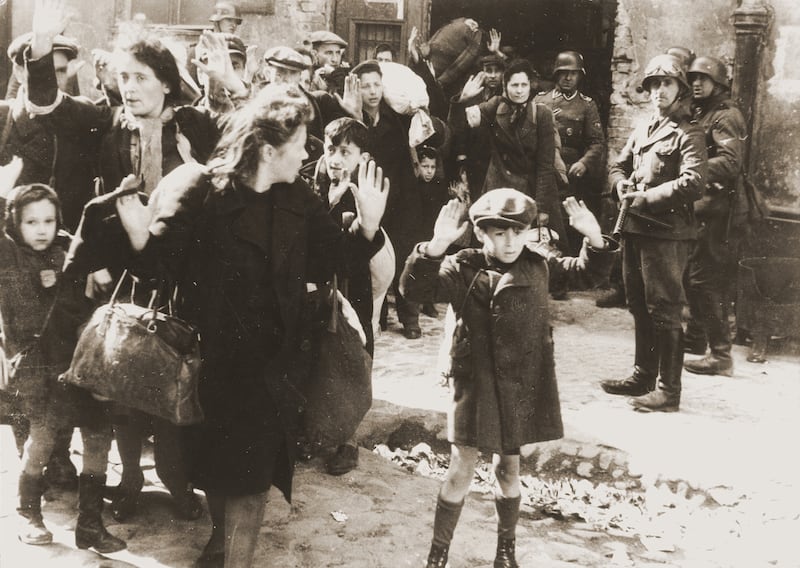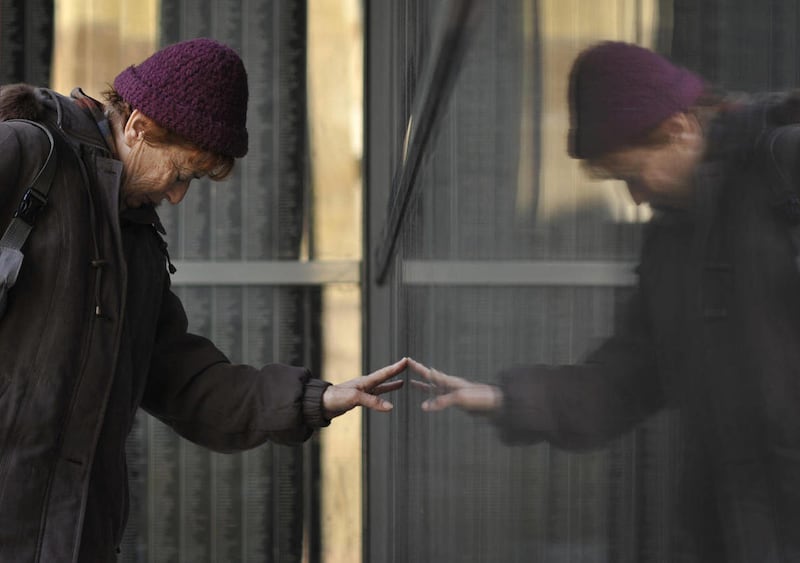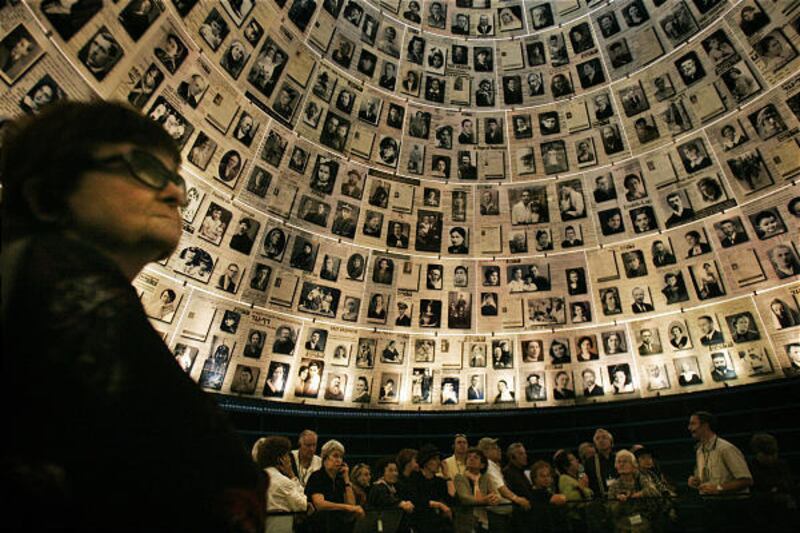SALT LAKE CITY — Anti-Semitism is rising around the world, and many lawmakers believe teachers are key to making it stop.
They hope lessons on the Holocaust, “one of humanity’s darkest chapters,” will inspire better behavior today, said Melissa Mott, deputy project director for Echoes & Reflections, which provides Holocaust-related educational resources.
The Holocaust “is an impactful case study on how hatred can look when it remains totally unchecked,” she said.
Since 2018, three states have passed laws mandating Holocaust education and more have considered them. Altogether, 12 states require lessons on the topic and Congress is weighing a measure that aims to improve Holocaust-related teacher training nationwide.
Can classroom discussions really discourage anti-Semitism? Yes and no, according to educators and Jewish leaders. Good teachers can increase empathy for the Jewish community, but they can’t tackle all sources of hate.
“Holocaust education clearly serves an important purpose but it’s not going to solve the problem,” said Rabbi Andrew Baker, director of International Jewish Affairs for the American Jewish Committee.
Classroom discussions should be seen as a starting point of meaningful activism, not the end of the conversation, he and others said.
“You have to engage your community in current issues in order to make the lessons of the Holocaust relevant,” Mott said.
Potential missteps
Fred Whittaker spent more than a decade pushing Kentucky lawmakers to mandate Holocaust education.
But when they finally did, he began worrying about what could go wrong.
“It weighs heavily on my heart that we’re encouraging both students and educators to step into a place that is, in so many ways, a wilderness. You can become lost easily,” he said.
In other words, requiring teachers to address the Holocaust doesn’t mean they’ll do it well. Whittaker, a science and religion teacher at St. Francis of Assisi Catholic School in Louisville, has first-hand knowledge of how quickly conversations can go awry.
“It’s important to understand not just that Jews were victims in the Holocaust, but also Jewish life, culture and the contributions Jews made to these societies.” — Rabbi Andrew Baker
“I did it really poorly for two years in my own classroom,” he said, recalling leading a horrified group of middle-school students through a Holocaust Memorial.
Whittaker’s problem was that he traumatized students in the process of educating them. Other teachers struggle to offer more than a surface-level look at Jewish life in the early 20th century, Rabbi Baker said.
“It’s important to understand not just that Jews were victims in the Holocaust, but also Jewish life, culture and the contributions Jews made to these societies,” he said.
Holocaust lessons often fall far short of this standard. A recent analysis of European textbooks showed that few offer an in-depth overview of the Jewish experience, Rabbi Baker said.
“Jews pretty much appeared twice: to explain the coming of Jesus and Christianity and then to be victims of the Holocaust,” he said.

In order for Holocaust education to effectively combat modern anti-Semitism, students need to grasp how isolated attacks can lead to systemic violence, Mott said. Spray-painted swastikas or shouted slurs are warning signs for more horrific behavior to come.
“The Holocaust did not begin with death chambers. It began with words,” she said.
It’s not enough for teachers to ask students to memorize some key facts, Whittaker said.
Teachers “have to be honoring the Jewish victims and survivors in the past as well as creating compassion and empathy for Jewish people caught in the crosshairs of anti-Semitism today,” he said.
Continuing conversations
Leaders in the 12 states that mandate Holocaust education don’t present classroom discussions as a cure-all for anti-Semitic violence. However, they do often act as if lessons on the Holocaust will naturally inspire better behavior.
“The assumption has been that understanding the Holocaust is at least a way of understanding where anti-Semitism left unchecked can take you,” Rabbi Baker said.
What these lawmakers miss is that teachers can’t change the world on their own, Mott said. Community leaders at all levels have to help connect the dots between past atrocities and ongoing violence.

The classroom “is a starting point for an important conversation. But that conversation has to be continued,” she said.
Whittaker has been a champion for that ongoing work in his own community, where he’s forged partnerships between his school and the Jewish community. He’s broadened his focus from increasing understanding of the Holocaust to increasing understanding of Jewish culture.
“What began as an academic effort to more intimately understand the material I was teaching has turned into an effort to create a family-like link between our (Catholic) parish and the Jewish community,” he said.
Increasing interfaith dialogue may not seem like much of a success story in the wake of synagogue shootings and other hate crimes, but it’s a significant step in an increasingly divided world, Rabbi Baker said.
“Knowing someone makes it harder to harbor prejudice,” Rabbi Baker said.
Today, as in the past, Jews want to be seen not just as victims of hateful actions, but as friends.
“That’s what everyone wants: to be understood not as caricatures or stereotypes, but with the complexities that make up all of us as individuals,” Rabbi Baker said.
If done well, Holocaust education can increase students’ understanding of the past and improve their behavior today, Mott said.
“The goal is to bring students into a deep and dark chapter of history and bring them out with the idea that they can still create change in the world,” she said.


